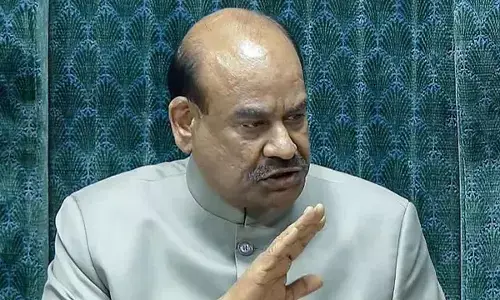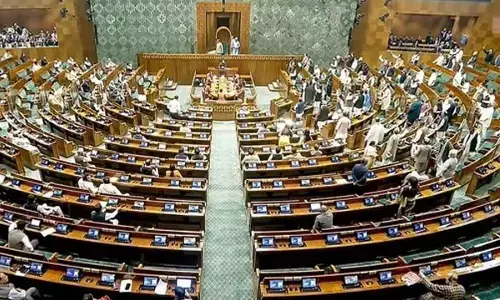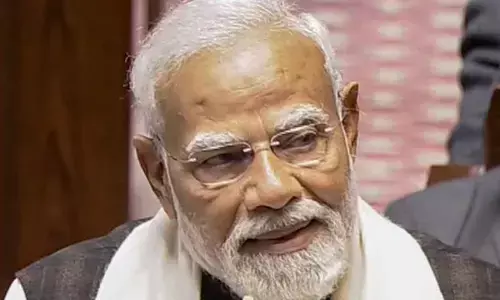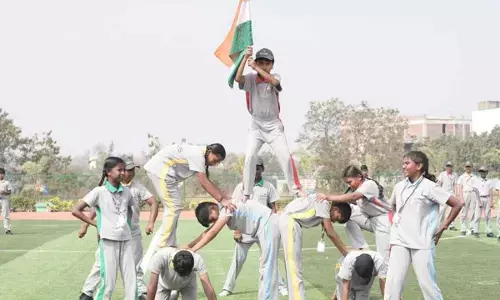Maritime dimensions of a continental debacle
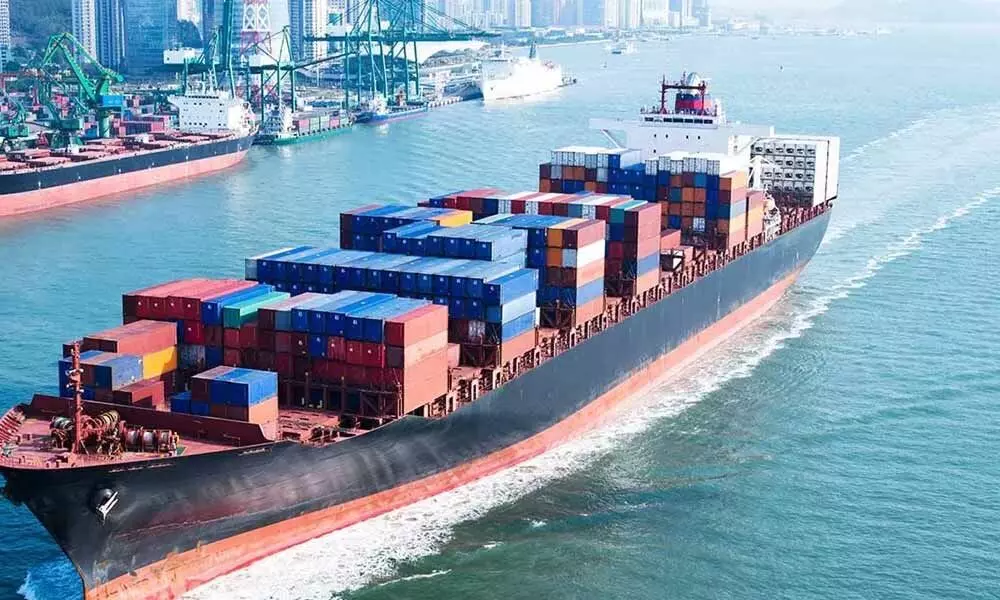
Maritime dimensions of a continental debacle
The recent uptick in Quad engagements is also indicative that Indian foreign policy would support engagements in multi-lateral constructs
"... those once bitten by a snake fear even a twisted rope," William Dalrymple, Return of a King: The Battle for Afghanistan 1839-42.
India's foreign policy outlook, which previously had a continental focus, has now come of age with a distinct maritime flavour. Apropos, Prime Minister Narendra Modi chaired a high-level UNSC debate on Enhancing Maritime Security - A Case for International Cooperation on August 9. India's maritime diplomacy has considerably enhanced under the SAGAR initiative (Security And Growth for All in the Region), bestowing upon us the moniker of Preferred Security Partner in the IOR (Indian Ocean Region). While the fallout of Afghanistan's dramatic collapse will be felt in coming weeks and months, India must remain nimble and fleet-footed to the developing situation in the maritime domain.
2020 was watershed year in many regards, particularly due to emergence of the Covid-19 virus in Wuhan and belligerence of the Chinese Communist Party (CCP) and its military. Medieval tactics by the People's Liberation Army (PLA) in Ladakh was matched by shrill provocations by CCPs state-run media. The Indian military deployments and manoeuvres in subsequent months clearly demonstrated to the CCP, India's dominating position astride the Indian Ocean. This is likely to have had significant impact on the CCPs calculus, since the PLA (N) would have been at considerable disadvantage in the IOR in case of an escalation.
The PLA Navy already deploys an Anti-Piracy Escort Force in the Red Sea. PLA (N) planners are unlikely to miss an opportunity to augment their presence in the IOR and will be watching events in Afghanistan with a hawk-eye. Any emergent window of opportunity in the maritime domain must, therefore, be tracked and acted upon. However, Navies cost money and ships are designed, planned and built over decades. While the current government has shown resolve to bolster Indian Navy's assets, there is an urgent need to review inter-service allocation of precious capital resources.
The Indian Navy is one of the pre-eminent stabilising forces in the extended IOR and is engaged in capacity and capability building with regional navies and maritime agencies. However, while the Indian Navy engages with individual navies, there has been some hesitation towards participation in multi-lateral constructs such as CTF 150/ 151/152, EMASOH etc. The emerging crisis in Afghanistan offers an opportunity for greater engagement with these maritime security constructs and may be the segue that Indian Navy has been awaiting. The recent uptick in Quad engagements is also indicative that Indian foreign policy would support engagements in multi-lateral constructs.
An immediate fallout of Taliban's capture of Kabul was an exodus of asylum seekers and Afghan nationals, who were likely to be persecuted by the new totalitarian regime. While present evacuations are primarily by the air/ land route, India must monitor sea routes for refugees and asylum seekers who have managed to reach seaports. Further, the possibility of inimical elements being implanted amongst fleeing Afghans cannot be ruled out.
Indian military strategists must take the long view of the current Afghanistan crisis; while the nature of the land conflict fought for over two decades by the US is unlikely to change, there are likely to be incremental shifts in the maritime domain.
Despite being a land-locked country, reverberations of Afghanistan's debacle in the maritime domain are now a certainty; India's maritime pundits must remain focussed and astute.









